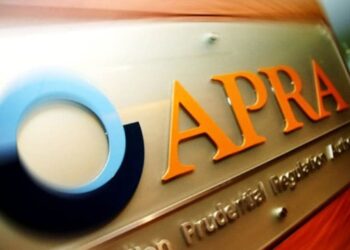First Super and Stafford Capital Partners’ Australian private equity co-investment program, which has been operating since 2010 and has generated a net internal rate of return in excess of 20 per cent per annum since inception, has now been converted into an evergreen structure.
Given this conversion, proceeds received from exits can now be reinvested into new co-investment opportunities, such as into small- to medium-sized Australian companies forecast to generate strong returns.
First Super’s CEO Bill Watson said: “First Super is looking forward to continuing to support this important part of the Australian economy.
“Our size means we can continue to invest our members’ retirement savings in Australia, rather than in offshore private equity.”
Stafford emphasised its close work with First Super over several years to develop a specialised ESG diligence framework to apply to the co-investment program.
Commenting on the mandate, Stafford’s Australian private equity lead Daniel Bowden said that investing into private equity through a strong ESG lens has proven to be a successful investment theme for First Super.
“This strategy’s strong focus on active management of ESG risks sets it apart within the private equity asset class, delivering strong benefits beyond the significant bottom line net returns,” Bowden said.
“It is exciting that following several recent exits from First Super’s original program, there is dry powder available to reinvest under the ESG PE co-investment program.”
Since the beginning of the year, Stafford’s private equity team has now secured an aggregate of $340 million of new capital to invest into co-investment opportunities, both locally and globally.
Earlier this month Stafford also confirmed a new $250 million global private equity co-investment mandate, dubbed “QP4”, with HESTA.
The new mandate, it said at the time, will enable Stafford’s private equity team to build on the co-investment strategy first implemented in 2011 for HESTA and to access and complete smaller strong-returning deals on the fund’s behalf.
Previously, its $200 million global private equity co-investment mandate – or “QP3” – was fully invested in three years and, according to the investment firm, is currently generating strong risk-adjusted returns.




